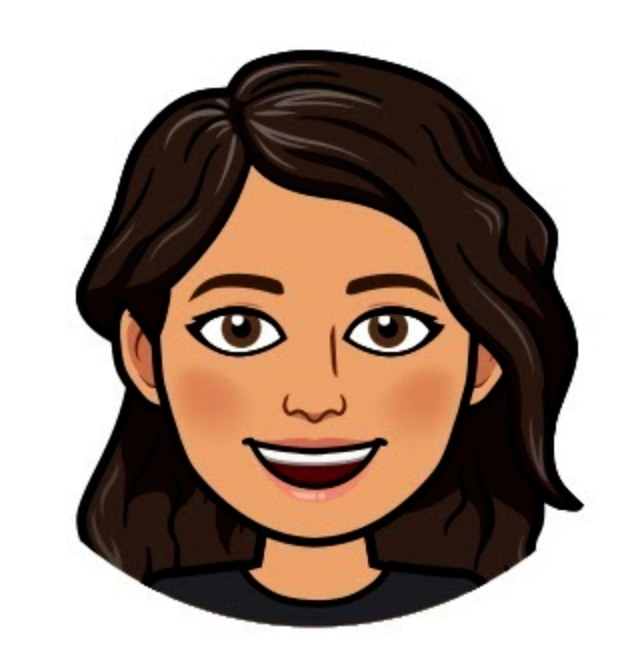Is Our Privilege Stopping Us From Fighting Climate Change?
Four years ago, I became a vegetarian after researching the meat industry’s effects on the environment. When I explained this to people around me, they responded with judgemental comments. No one ever saw it as a bold and scary statement that a 13-year-old was making. They ignorantly thought of it as a suicidal mission. Every year, climate change and pollution only get worse. Eventually, everyone in the world will be affected by it, as activists call us out asking for change. However, no one talks about how privilege affects environmentalism. The thing is, privilege blinds us from the reality of the environmental crisis. Still, it also allows us to make a difference in the world, and we should be held accountable for our actions.
If not the most important privilege of a higher socioeconomic class, quality education is one of the most essential privileges, especially in Colombia. Such education makes us much more aware of what is happening in the world. At the school, I have been exposed to the environmental crisis for many years—specifically, the UNs development goals that include many different aspects of the problem. A study conducted on Malaysian students showed that those with higher education had a significantly higher environmental awareness and acted accordingly. Students have the opportunity to learn about the decisions they make that affect the environment. School opens our minds and shows us what is happening. Why, when knowing that we are contributing negatively to climate change, we still don’t care? When interviewing Alysa Perreras, a TSC teacher and justice worker, she said, “The more serious effects of it are easy to ignore when you’re in a position of privilege because we can afford to deal with the consequences.” So why should we care if we aren’t directly affected by it? At the same time, because of our social class, we can pay more for sustainable products and have an education that allows us to challenge our systems. We have every single tool to become more eco friendly. As a result, everyone should do anything they can to do so and acknowledge that we are advantaged because we can make these decisions.
Another factor that people fail to acknowledge when speaking about awareness is environmental injustice. This is defined as the unequal distribution of environmental disadvantages. Those with a lower-income and people of color are affected by pollution, food production, and health risks. Just because we aren’t frequently discriminated against by our skin color does not mean that racism doesn’t exist. And just because we can eat whatever we want every day doesn’t mean that other people aren’t starving to death. Even if we do not experience something, it does not mean that it doesn’t exist, and we should ignore the solutions. We aren’t always dealing with polluted water, Medellin isn’t heating up to the point where it affects us, and we don’t even notice if the soil in our country erodes. It is much harder to make someone care when they don’t experience it. Again, we have more power to do something about what is going on. We have the privilege not to have to deal with it while looking for solutions. No matter their race or socioeconomic status, everyone in the world is going to benefit from a more sustainable society.
As young students, social media is part of our everyday life, which also holds value when speaking about environmental awareness. The study conducted on Malaysian students acknowledged the importance and use of social media to inform people on what is happening. I’m not one to use many social media, but I’m exposed to a lot of useful information about the environmental crisis and excellent tools to fight it when I use it. These platforms are another tool that we have to keep updated in the events and educate ourselves in those aspects that don’t affect us. We get to see many different perspectives and real consequences that affect others, which should make us want to act more. Many people don’t use social media to learn and read the news. This is also a platform to escape the routine, which can be very overwhelming. Furthermore, social media can also bring fake news and use fear to inform people about environmental consequences. Even if there are many terrorizing and exaggerated people online, these platforms are a great way to educate yourself better. There are some great projects and accounts that are useful to learn and better yourselves. For example, Ecoquotes on Instagram has a lot of exciting facts, and Goodoldvegan has friendly recipes.
Because of our privilege, we have many useful tools to fight the environmental crisis. Use that access to education to become aware and teach others. Use social media as a positive influence in your process to become more sustainable. Lastly, acknowledge that you have a privilege compared to others who struggle with the consequences of climate change and pollution every day and use that power to make a change.




